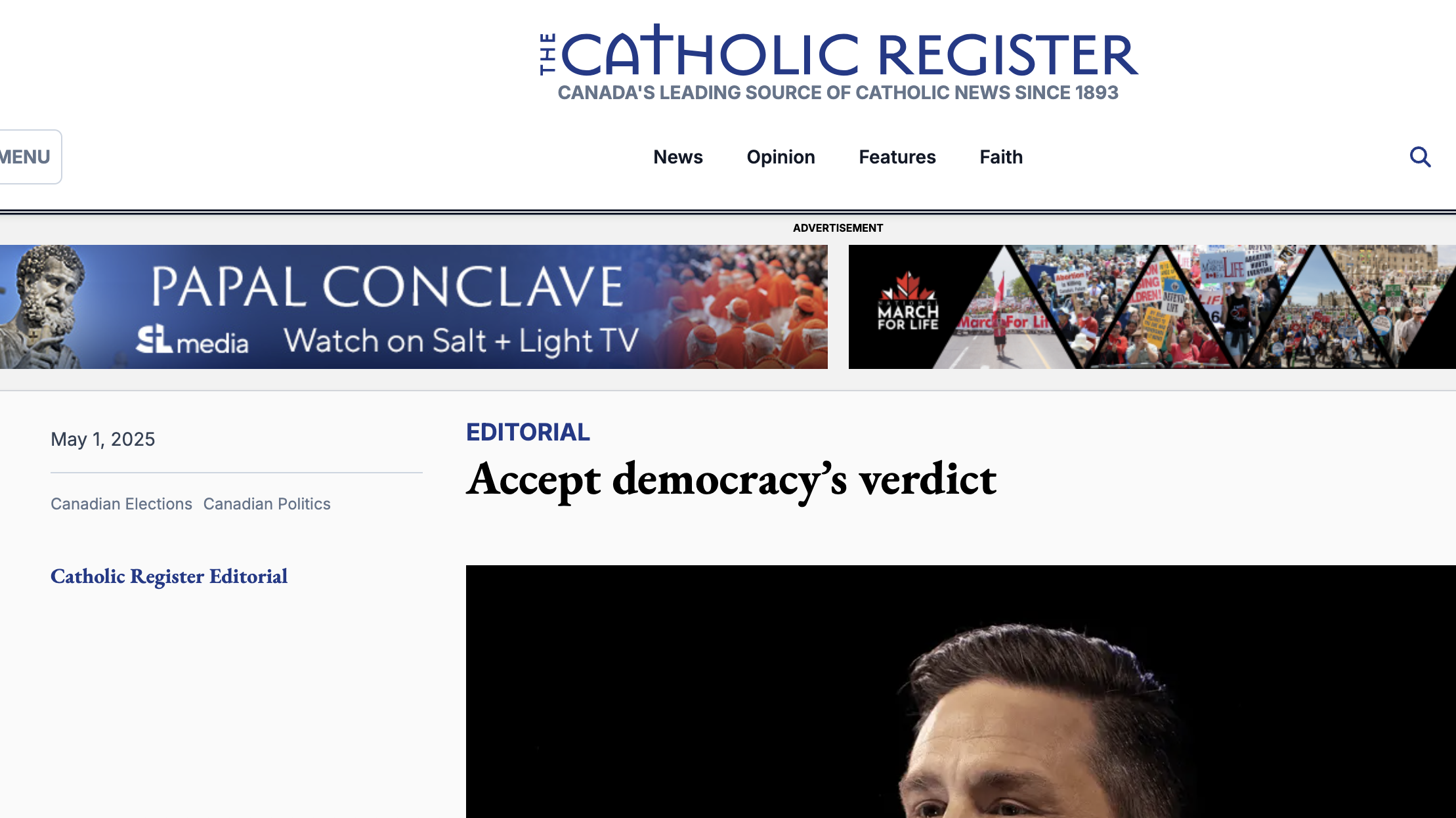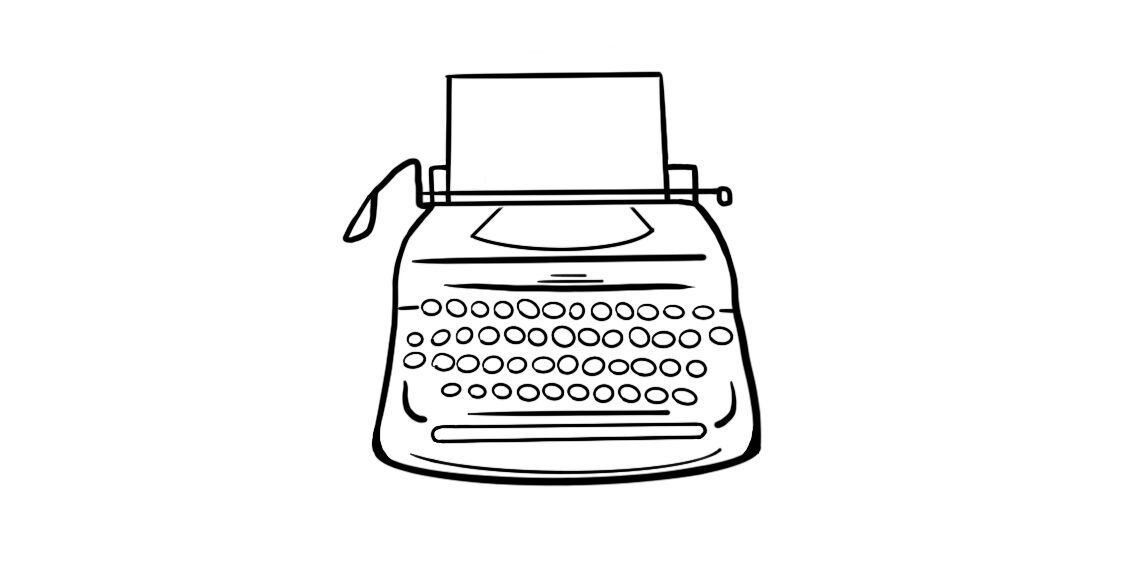(This writer had the distinct honour in 1998 of being included in a list of approximately twelve Estonians, recommended to the Kremlin by Vladimir Putin loyalists, to be forbidden entry to Russia. The list included Estonia’s president, prime minister, foreign minister, defence minister, head of intelligence, parliamentarians, etc. This writer was the only Estonian living abroad who was to be banned.)
In 2017, Vladimir Iljaševits, a former KGB officer and a leader of the Estonian Unified Left Party, put it bluntly, echoing Valdimir Putin’s acolytes: “Russophobia is systemic, that has penetrated the whole nation and society, from top to bottom.”
It`s interesting to note that the International Gallup in 2004, through a survey, uncovered different intensities of attitudes towards the G8 member states. (Russia at the time was a member, G7 + 1, and was expelled after annexing Crimea in 2014.) Of the eight member countries, survey respondents related most negatively towards Russia. Having the most negative feelings towards Russia were the Finns at 62% of the research participants. This was followed by Czechs and the Swiss at 42%, then Germans at37%. Only 23% of Estonian respondents declared negative feelings towards Russia.
In the absence of any statistically relevant observations of how Estonians historically viewed other ethnic groups, perhaps pre-war Estonian literary fiction may give the reader some insight into these cultural/social perceptions. Both Germans and Russians were rulers of generations of Estonians. It appears that Estonian characters in a typical novel probably express more negative feelings and resentments toward the German landed gentry than the Russian political overlords.
These attitudes would perhaps prevail until the first Soviet occupation of 1940-1941 and the 50 years of repression typified by arrests, killings, deportations and the understanding that in a multi-ethnic USSR all nationalities are equal with the Russians enjoying more equality than others.
Scholars have pointed out that labelling Estonia as Russophobic is nonsense. All Estonians have Russian friends, neighbours, schoolmates, colleagues with whom they enjoy an honest and sincere relationship. Russophobia, as a pejorative, is used now as a replacement for the former label ‘fascist’, disparaging anyone critical of the Soviet or Russian ruling elite or exposing the Russian falsification of history.
Estonia’s national credo doesn’t stem from an in-bred ‘anti-Russianism. Estonia’s are justified in owning a deep aversion to the current Russian regime for distorting and falsifying history, claiming that the lengthy Soviet occupation was welcomed by the Estonian populace, saying crimes such as deportations were the necessary consequences of Estonians resisting Sovietization. Vladimir Putin’s aim of restoring a form of modern totalitarianism with the elimination of a political opposition and the stranglehold on a free media doesn’t foretell of a neighbourly relationship for Estonia. If Estonia’s outspokenness on these issues is Russophobia, its meaning has been grossly distorted.
Scholars have also observed that a widespread anti-Russian hatred doesn’t fester within Estonians. Russians by the hundreds of thousands visit Estonia especially during new year’s celebrations, in fact they recognize Estonia as a pleasant travel destination, obviously with no concerns about Estonians harbouring latent Russophobic animosities. Although Estonians are not obsessed with possible Russian military aggression, they are justifiably wary about national security threats, often in the form of bullying by Russian government spokesmen.
It wouldn’t be naïve to suggest that gestures such as an invitation for Russia to re-join the G7 simply emboldens the Russian leadership to continue marching toward authoritarian rule and self-righteously calling anyone who points this out as suffering from Russophobia,
Laas Leivat, Toronto



